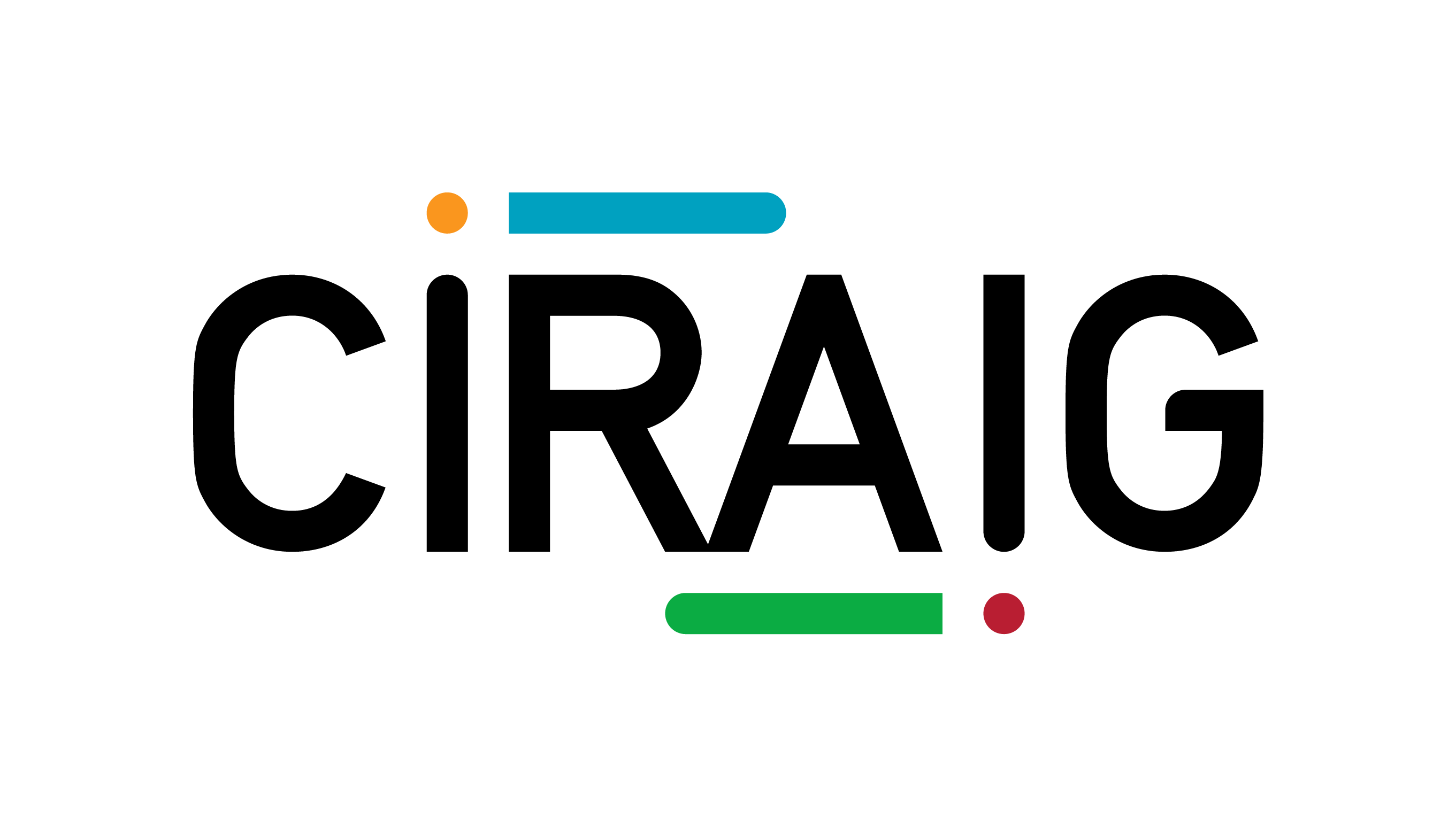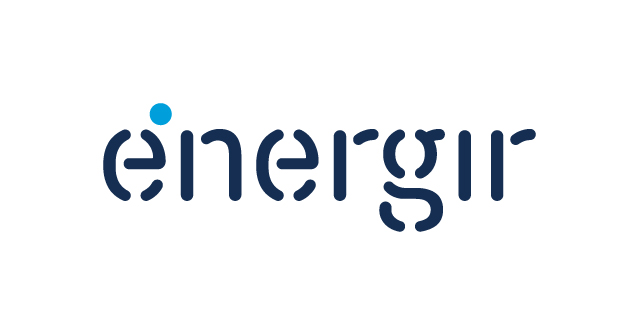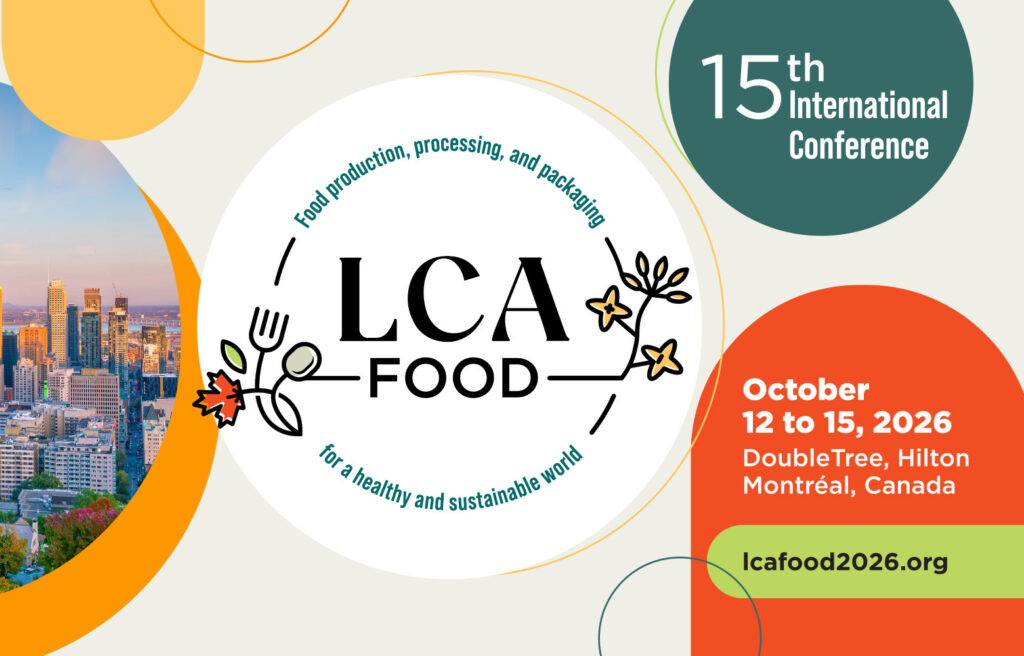Project
Environmental profile of natural gas in Quebec
Study of the environmental impacts of Énergir’s supply chain.

Energir mandated the CIRAIG’s International Life Cycle Chair to use life cycle assessment (LCA) methodology to assess the environmental impacts of i) its distributed natural gas, ii) compare these environmental impacts with the ones from oil products, and iii) quantify the potential decrease of environmental impacts associated with a change of supplies.
The main conclusions from this report are:
- Natural gas fugitive emissions assessment has evolved since 2010: starting from studies with several assumptions and limited data (2010-2012), moving through on-site measurements (2012-2015) and atmospheric concentration measurements (2012-2015), to the controversy about the last two approaches providing wildly different results (while they should provide the same), and the reconciliation between both on-site and atmospheric concentration measurements (2016-). The literature average’s life cycle fugitive assessment is currently assessed between 1 and 2%.
- Due to significantly lower fugitive emission in its distribution network (0.04%) than reported in the literature (0.22%), the average fugitive emission of the natural distributed in Quebec is estimated at 0.93%.
- Energir’s distributed natural gas resulted in 32% less GHG emissions than fuel oil for heating, 16% less than diesel for heavy transport, and 23% less than heavy fuel oil for marine transport.
- The GHG emission of the natural gas supply could be decrease by 32% if 100% of the supply came from initiatives which limits their fugitive emissions (0.5% instead of 0.93%).
- Renewable natural gas (RNG) has the potential to be carbo-negative with the “recycling of the organic matter” which avoids more GHG emissions (e. g. no methane emission at the landfill, decrease emission from the production of chemical fertilizers, etc.) than generated by the RNG production.
In collaboration with
Similar projects
We use cookies on our website to give you the most relevant experience by remembering your preferences and repeat visits. By clicking “Accept”, you consent to the use of ALL the cookies.
Manage consent
Privacy Overview
This website uses cookies to improve your experience while you navigate through the website. Out of these, the cookies that are categorized as necessary are stored on your browser as they are essential for the working of basic functionalities of the website. We also use third-party cookies that help us analyze and understand how you use this website. These cookies will be stored in your browser only with your consent. You also have the option to opt-out of these cookies. But opting out of some of these cookies may affect your browsing experience.
Necessary cookies are absolutely essential for the website to function properly. This category only includes cookies that ensures basic functionalities and security features of the website. These cookies do not store any personal information.
Any cookies that may not be particularly necessary for the website to function and is used specifically to collect user personal data via analytics, ads, other embedded contents are termed as non-necessary cookies. It is mandatory to procure user consent prior to running these cookies on your website.
Your subscription could not be saved. Please try again.
Your subscription has been successful.





